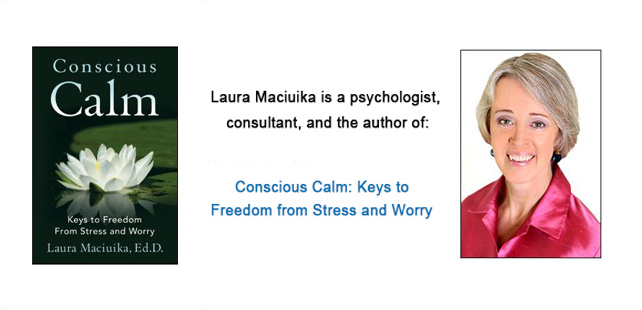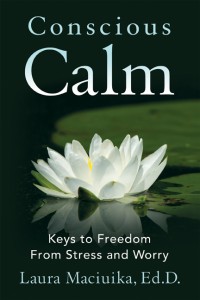 There are stories of celebrating women all this month. And many of the celebrations are profound, needed, jubilant, powerful. But as we know with populations and causes that get a “day” or even a “month” of celebration, it’s usually a signal that those people or groups are not honored or empowered every day in truly equal ways. Would it seem weird to have a national or international Caucasian Male Day? Now why is that?
There are stories of celebrating women all this month. And many of the celebrations are profound, needed, jubilant, powerful. But as we know with populations and causes that get a “day” or even a “month” of celebration, it’s usually a signal that those people or groups are not honored or empowered every day in truly equal ways. Would it seem weird to have a national or international Caucasian Male Day? Now why is that?
As I listen to the celebrations against the backdrop of some of the news, it feels to me like a time machine has taken over. Are we really hearing a congressional debate about birth control being covered by insurance in 2012? While Viagra already is covered by most insurances – women’s birth control should not be? Seriously? We do not need to slide back twenty or thirty years to make daily life and health more stressful for many women. There are plenty of dynamics still firmly in place for women to contend with, that have real consequences for the health and even basic safety of women and girls.
Let’s do a mini-reality check. In 2011, a Centers for Disease Control report looked once again at health disparities, and found that glaring differences still persist. The majority of preventable deaths in the U.S. are in women. Women of color have higher incidences of serious health problems and than white women. It goes on and on.
Another report looking at wage differences has a very interesting map of the United States to look at. This simple map looks at the income a woman earns per $1 each man earns. Notice that the very top of the scale is $.80 – not one of the states gets any better than that. Not one state in 2010 approached actually equal wages for women and men.
These kinds of systemic, broad inequalities are a kind of systemic pressure. This contributes to more women (and more people of color, and more economically poor people, and more of other marginalized populations) having more physical and emotional stress, and more stress symptoms and health issues in general. And whether the messages are given within a family or within a nation that someone or some groups should just work harder, or just suck it up and get over it, those messages add to the quiet pressures that women (and certainly others too, but it’s International Women’s Day after all) live under every day.
This is not about casting blame. It’s about taking a look at our language, our laws, the discourse in congressional halls and at how the money flows. It’s about allowing some outrage and channeling that in ways that empower and awaken – like Eve Ensler recently did with her “Over It” article and her call for a billion women to get together on February 14, 2013 and dance until the violence against women stops. Now that’s one way to transform anger into collective action. And that’s bound to be one celebration the world will not forget.
Dr. Laura Maciuika is a psychologist and the author of Conscious Calm: Keys to Freedom from Stress and Worry, available at Amazon and other online stores, or through ConsciousCalm.com




